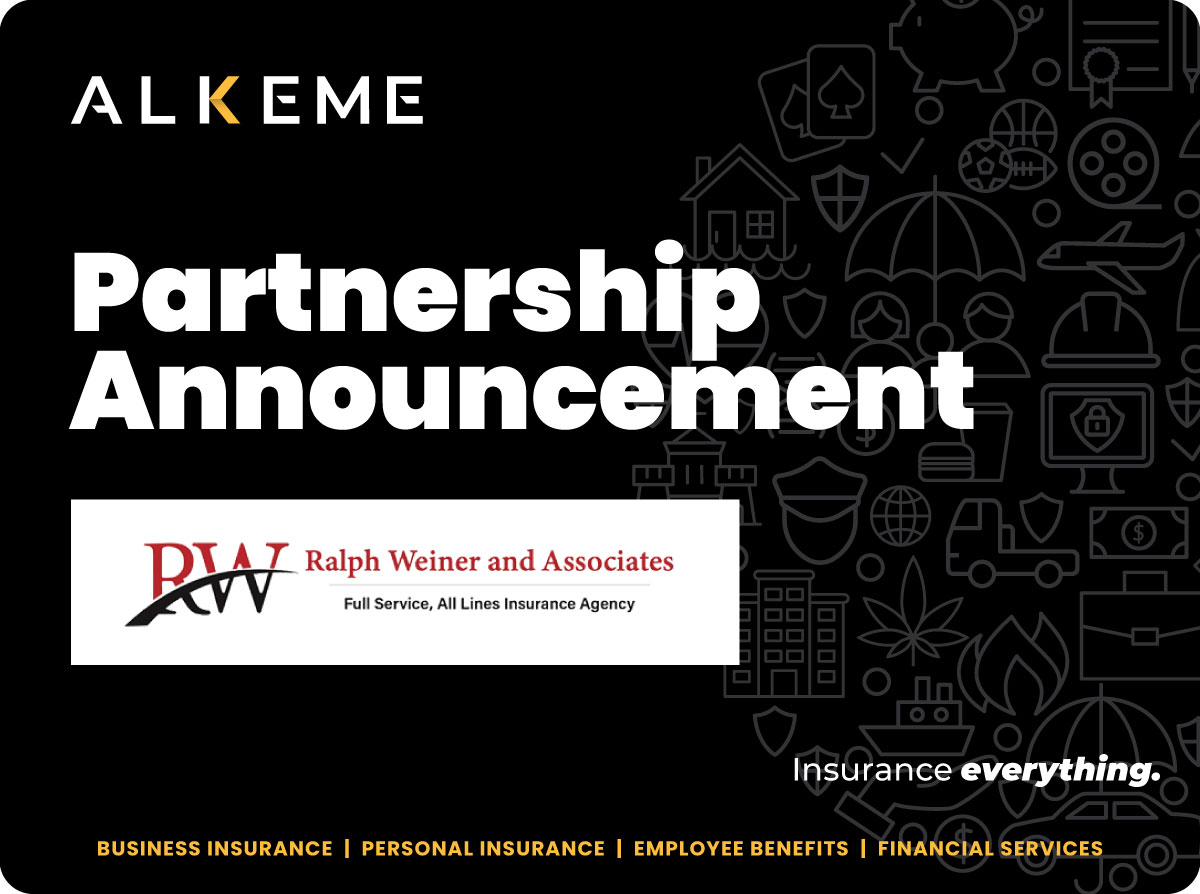Garage Liability insurance and Garagekeepers insurance are two distinct types of coverage that serve different purposes within the automotive industry, particularly for businesses like auto repair shops, dealerships, and service stations. Here’s a breakdown of the differences between the two:
- Garage Liability Insurance:
- Coverage Scope: Garage liability insurance primarily focuses on protecting the business from liability risks associated with its operations. This coverage extends to bodily injury and property damage claims arising from accidents or incidents involving third parties. Third parties can include customers, visitors, pedestrians, or other individuals who may interact with the business or its vehicles.
- Examples of Coverage Scenarios:
- Bodily Injury: If a customer slips and falls while visiting the auto repair shop and sustains injuries, garage liability insurance would cover the resulting medical expenses and potential legal fees if the customer files a lawsuit against the business.
- Property Damage: If a mechanic test-driving a customer’s vehicle accidentally collides with another car, causing damage to both vehicles, garage liability insurance would cover the repair costs for the damaged vehicles and any associated legal expenses.
- Garagekeepers Insurance:
- Coverage Scope: Garagekeepers insurance is specifically designed to protect customers’ vehicles while they are in the care, custody, and control of the insured business. This coverage applies to damages that occur to customers’ vehicles during storage, parking, servicing, or repair processes.
- Examples of Coverage Scenarios:
- Vehicle Damage During Repairs: If a customer leaves their car at the auto repair shop for repairs and the vehicle sustains damage due to a fire in the repair garage, Garagekeepers insurance would cover the cost of repairing or replacing the damaged vehicle.
- Theft or Vandalism: If a customer’s vehicle is stolen or vandalized while parked in the dealership’s lot awaiting service, Garagekeepers insurance would provide coverage for the loss or damages incurred by the customer.
In summary, while both garage liability insurance and Garagekeepers insurance are essential coverages for businesses in the automotive industry, they serve distinct purposes. Garage liability insurance protects against liability risks arising from the business’s operations and interactions with third parties, while Garagekeepers insurance specifically covers damages to customers’ vehicles while they are under the care of the business. By having both coverages in place, auto-related businesses can ensure comprehensive protection against various risks and liabilities.
Why Auto Dealerships Need Both
An auto dealership would typically need both garage liability insurance and garagekeepers insurance to ensure comprehensive protection for its operations and customers. Here’s why each coverage is essential:
- Garage Liability Insurance:
- Protection against Liability Risks: Garage liability insurance provides crucial protection against liability risks associated with the dealership’s operations. This coverage is essential for addressing bodily injury and property damage claims that may arise from accidents or incidents involving third parties on the dealership premises or during business activities.
- Legal Requirements: In many jurisdictions, garage liability insurance is a legal requirement for auto dealerships and other automotive businesses. It helps ensure compliance with state laws and regulations governing liability coverage for businesses operating in the automotive industry.
- Comprehensive Liability Coverage: Garage liability insurance offers broad coverage for a wide range of liability exposures, including slip-and-fall accidents, vehicle accidents during test drives, and other incidents involving third-party property damage or bodily injury. Without this coverage, the dealership could be exposed to significant financial losses and legal liabilities.
- Garagekeepers Insurance:
- Protection for Customers’ Vehicles: Garagekeepers insurance is specifically designed to protect customers’ vehicles while they are in the care, custody, and control of the dealership. This coverage is crucial for safeguarding against damages that may occur to customers’ vehicles during storage, servicing, repair, or test-driving processes.
- Enhanced Customer Confidence: Offering garagekeepers insurance demonstrates a commitment to customer service and satisfaction. Customers are more likely to entrust their vehicles to a dealership that provides assurance of protection against potential damages or losses while their vehicles are in the dealership’s possession.
- Risk Mitigation: By having garagekeepers insurance in place, the dealership mitigates the risk of financial losses resulting from damage to customers’ vehicles. This coverage helps protect the dealership’s reputation and financial stability by ensuring that it can cover the costs of repairing or replacing customers’ vehicles in the event of covered perils.
- Competitive Advantage: Having Garagekeepers insurance can also serve as a competitive advantage for the dealership, especially in markets where customers value additional assurances and protections when entrusting their vehicles for service or repairs.
While garage liability insurance primarily addresses liability risks associated with the dealership’s operations, garagekeeper’s insurance specifically protects customers’ vehicles while they are in the dealership’s care. By maintaining both coverages, auto dealerships can ensure comprehensive protection for their business operations, customers, and financial assets, thereby fostering trust, compliance, and competitive advantage in the automotive industry.




